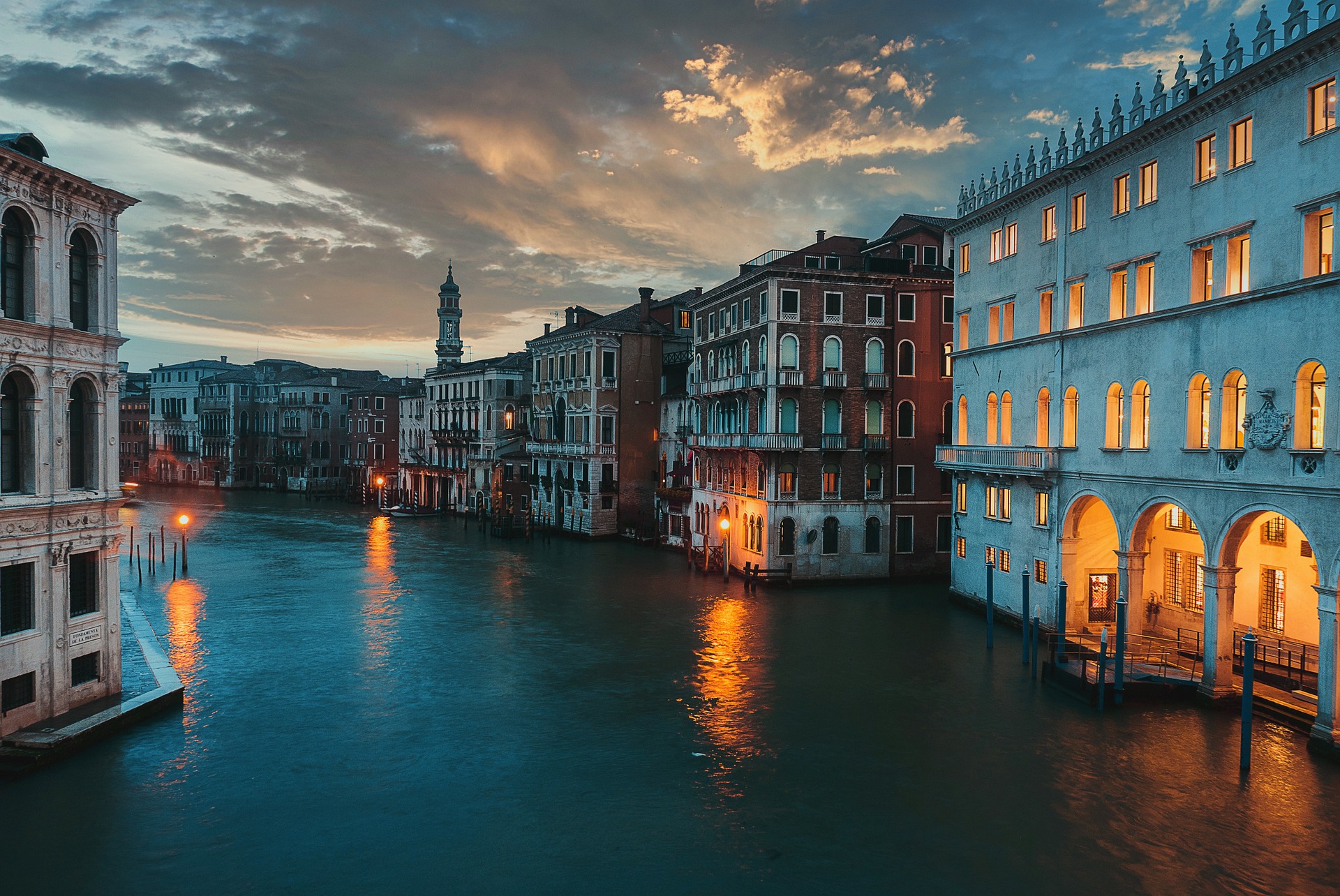Unveiling the Mysteries of Dark Tourism: A New Perspective on Travel and History
Dark tourism, the act of visiting sites associated with death, disaster, or tragedy, is an emerging trend that is reshaping the travel industry. This unusual approach to travel provides an opportunity to delve into history, comprehend the nuances of human behaviour, and acquire a fresh perspective on life.

Unmasking Dark Tourism: A Historical Perspective
Dark tourism is not a new phenomenon, but its popularity has surged in recent years. The practice traces its roots back to the Middle Ages when people embarked on pilgrimages to sites of religious martyrdom. In the modern context, dark tourism includes visits to war memorials, disaster sites, and locations with a history of genocide or tragedy.
The Rising Popularity of Dark Tourism: Current Trends and Insights
In a world increasingly driven by experiences and storytelling, dark tourism offers an intriguing blend of history, emotion, and a sense of adventure. It appeals to a range of travelers, from history buffs and thrill-seekers to those seeking deeper emotional experiences or connections with past events. This surge in interest has led to the creation of specialized travel companies catering to the niche demands of dark tourism.
The Impact of Dark Tourism: Advantages and Challenges
Dark tourism brings a host of benefits and challenges. On the positive side, it fosters cultural understanding, promotes historical preservation, and generates revenue for local communities. However, it also raises ethical questions about the commodification of tragedy and the respect accorded to these sites. The challenge for the industry is to navigate these complexities without diluting the essence of the experience.
Dark Tourism in Action: Case Studies
Chernobyl, Auschwitz, and the 9/11 Memorial are among the most renowned dark tourism sites. Each offers a different perspective on human history and the resilience of communities in the face of adversity.
Intriguing Aspects of Dark Tourism
-
The word “dark” in dark tourism refers not to the absence of light, but to the somber nature of the experiences.
-
Dark tourism can serve as a form of memorialization, helping to preserve historical events for future generations.
-
It can also provoke reflection on societal issues, such as war, genocide, and disaster response.
In Conclusion
Dark tourism offers a unique lens through which to explore the world, intertwining history, tragedy, and travel into an immersive experience. As travelers, it’s crucial to approach these sites with respect and understanding, recognizing their historical importance and the lessons they impart. As the popularity of dark tourism continues to grow, it is sure to continue shaping the travel industry in unexpected ways.






